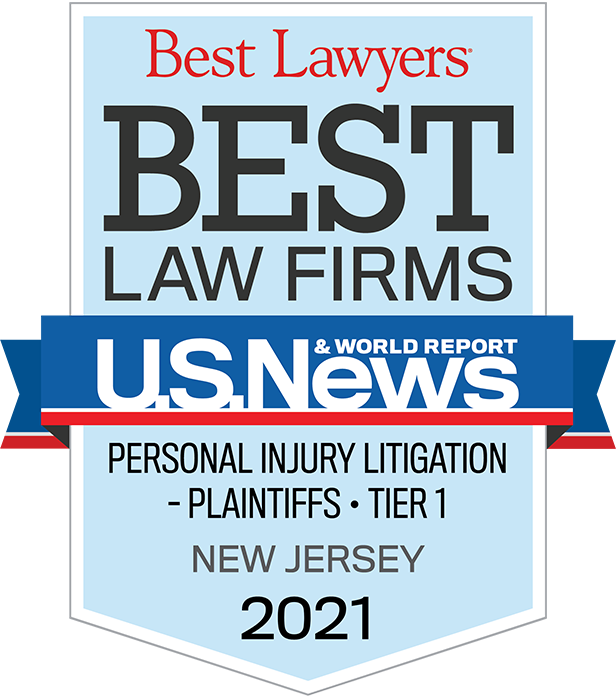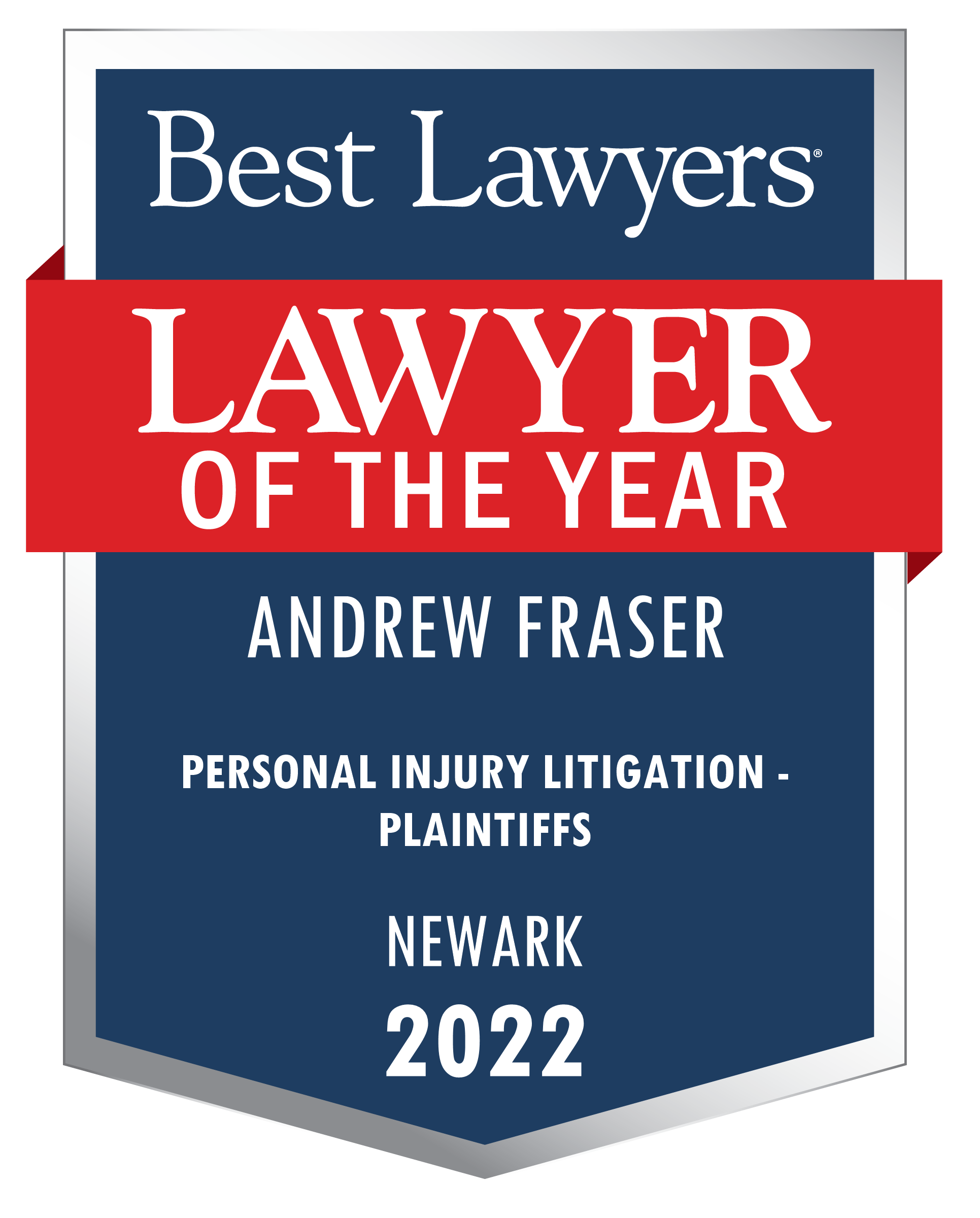A Brief Overview of the New Jersey Product Liability Act
Related Attorney: Timothy E. Dinan
August 2, 2023
The New Jersey Product Liability Act (NJPLA) is a state law in New Jersey that governs product liability claims. It provides a framework for holding manufacturers, distributors, suppliers, and retailers responsible for injuries or damages caused by defective products. Here is a brief overview of the key aspects of the NJPLA:
- Definition of Product Liability: The NJPLA defines product liability as the responsibility of a manufacturer, distributor, supplier, or retailer for any harm caused by a product due to a defect in design, manufacturing, or inadequate warnings or instructions.
- Strict Liability Standard: One of the significant features of the NJPLA is the application of strict liability. This means that a plaintiff in a product liability case does not necessarily have to prove negligence on the part of the defendant. Instead, they need to show that the product was defective and caused their injuries or damages.
- Types of Defects: The NJPLA recognizes three types of defects that can give rise to product liability claims:
- Manufacturing Defects: These defects occur during the production process and make a specific product deviate from its intended design or specifications.
- Design Defects: Design defects exist in the product's initial design, making it unreasonably dangerous or hazardous even when manufactured correctly.
- Failure to Warn: This refers to a product lacking adequate warnings or instructions that could have alerted users to potential dangers or provided instructions for safe usage.
Statute of Limitations: The NJPLA has a statute of limitations that sets a time limit within which a product liability lawsuit must be filed. In general, a person injured by a defective product must initiate legal action within two years from the date of their injury or within two years from when they reasonably discovered their injury.
Comparative Negligence: New Jersey follows a modified comparative negligence rule in product liability cases. If the plaintiff is found partially at fault for their injuries, their damages may be reduced proportionally based on their percentage of fault. However, if the plaintiff is determined to be more than 50% at fault, they may be barred from recovering any damages.
It is important to consult with an attorney experienced in product liability cases to understand the specific application of the NJPLA to your situation and navigate the legal process effectively. They can provide tailored advice based on the facts of your case and help protect your rights as a consumer.


















